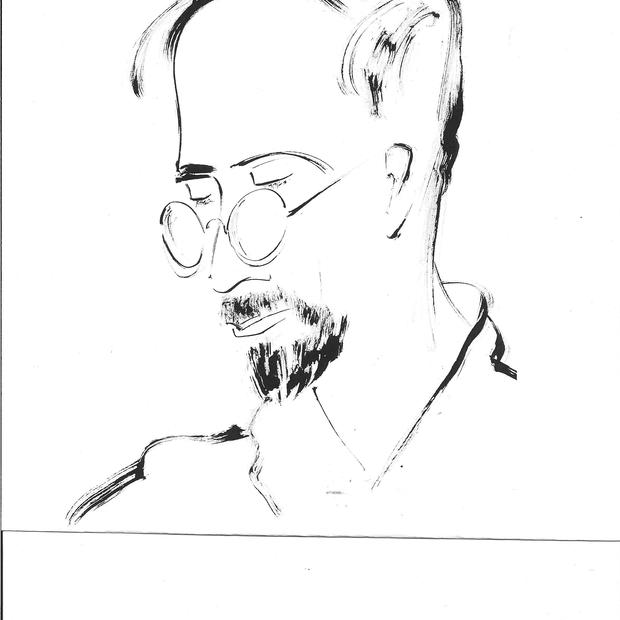For two decades, big green plastic recycle bins have been as much a fixture of this cityscape as trolleys, leaf-clogged gutters, and a certain overcaffeinated mermaid. The 96-gallon bins, which Seattle’s solid-waste utility began distributing in 1989, are a perfect expression of a certain crunchy/grungy local aesthetic, and ethic: square and functional as a vintage Volvo, dedicated to a mission that’s at once modest and exalted. Their color, a muted shade somewhere between Douglas fir needles and Pike Place Market lampshades, blends inconspicuously into the local landscape.
But now the bins themselves are starting to disappear, as I learned on our last collection day when a big diesel truck — the fourth that day — rumbled up to our curb and hauled off our bin. In its place, a cheery waste worker in a fluorescent vest wheeled up a smaller bin. It was electric ultramarine and shiny, where the old bin had been matte, and it had “Recycle” stenciled bright enough to read blind drunk on a dark night.
What’s up? I asked. “We’re replacing all the bins,” she replied. "I thought the city didn’t have any money," I said. “Oh, the city’s spending lots of money,” she said with a laugh, and she hopped onto the running board as the truck rumbled on to the next address.
To find out more, I called Seattle Public Utilities’ customer service line. An attendant came on in a flash. “It’s for color coordinating,” he explained. “We’re replacing the bins citywide — going to blue for ‘recycle’”
"How come?" I asked. “Some customers confused the green ones with the yard-waste carts” — which, in their current iteration, are bright green, somewhere between Kelly and lime.
But weren’t the yard-waste carts brown before?
“If you have one of those, that’s really old.”
Maybe, but many of my neighbors still have them — actually, dark green yard-waste bins that are identical to the old recycle bins save for brown lids to set them apart. In 2005, the city switched to the bright green bins, in various sizes, which stand out better yet.
From a fashion-forward view, such serial color-switching may seem perfectly reasonable. But can the city afford it? I called SPU spokesman Bret Stav and asked how many recycle bins the city has, and how much they cost. Answers: about 156,000 and $50 a pop, including the cost of delivering and, later, disposing of them. That would be $7.8 million for new recycle bins, in a city that’s still reeling from last year’s gaping budget deficit. That doesn’t include any yard-waste bins that get replaced.
After checking further, Stav called back to say the bill’s not nearly that big — not yet, anyway. And, contrary to what seems to be the perception among SPU’s front-line staff, it’s not just about color-coding. The city is switching to blue, which Stav said is gaining favor nationwide for recycle containers, though there’s no formal standard. But only as the old bins wear out — i.e., as their lids get damaged or the metal bars used to tip them into the trucks get bent. Waste Management, the mega-firm the city pays to collect its trash, jots down addresses with battered bins. City inspectors follow, confirm the damage, and send new bins. So if you see strangers snooping around your trash cans, they’re probably not tabloid reporters.
“We find that most of the carts we’re replacing are around 20 years old,” Stav added. “We didn’t expect them to last this long.” He said the city replaced about 2,000 carts costing $100,000 last year, on its slow march to going all-blue — if it doesn’t switch to mauve or cranberry first.
All this sounds more reasonable than a crash campaign of color coordinating. But the short-term result is a motley mix of colors, with the new blue and green by far the most garish. And, doubtless, even more confused customers. But those conscientious trash sorters can take one consolation — whichever plastic bins get hauled off, they’re recyclable.


